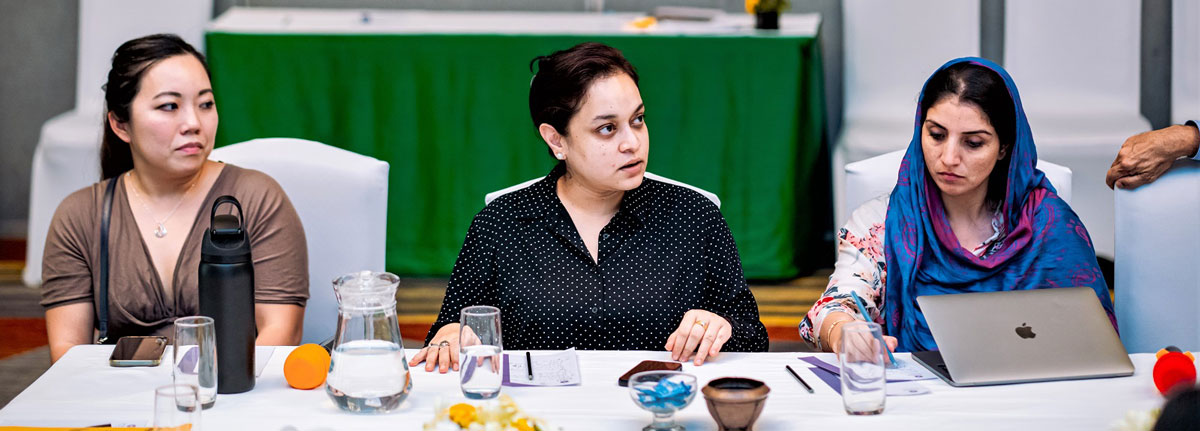
Taryn Ino from CFE-DM, Ms. Ruhee Neog (center), Director, Institute of Peace and Conflict Studies, Dr.Monisa Qadiri from the Islamic University of Technology
Climate adaptation and building climate literacy were the focus of a workshop hosted by the Daniel K. Inouye Asia-Pacific Center for Security Studies. The workshop titled “Climate Adaptation: Building Partnerships for Resilience in South Asia” was held August 21-24, 2023 in Kathmandu, Nepal.
It was attended by 25 participants and subject matter experts from Bangladesh, Bhutan, India, Nepal, Pakistan, Maldives, Sri Lanka, and the United States.
The Climate Adaptation workshop supported objectives outlined in the United States Indo-Pacific Strategy (2022). Specifically, it involved working with partners to develop targets, strategies, plans, and policies consistent with limiting the global temperature increase; seeking to serve as the preferred partner as the region transitions to a net-zero future; and working with partners to reduce their vulnerability to the impacts of climate change and environmental degradation, support critical-infrastructure resilience and address energy security.
One participant stated: “If you have no climate security, we have no economic security; and if we have no economic security, we have no national security.”
Some takeaways from the workshop were:
- Existing regional institutions, vice “new” architectures, are seen as the best possible platforms for advancing climate security in the region. Workshop polling clearly indicated an increased confidence in regional institutions, including BIMSTEC and SAARC.
- “Water” was seen as the most pressing challenge presented by climate change.
- Participants identified a need for data sharing, joint action, and mechanisms/processes to facilitate such interactions. A platform, process, or mechanism must be collaboratively developed and implemented for sharing knowledge and capacity building.
- Regional militaries need to take a much more proactive approach toward climate adaptation, rather than the more common reactive approach narrowly focused on natural disaster reaction and remediation.
- Militaries should not be tasked with the leadership role in climate adaptation but rather should be engaged as a uniquely powerful support tool and partner, especially at the regional level.
As a follow-up to the workshop, DKI APCSS will be hosting a climate cohort for the next Comprehensive Security Cooperation course.


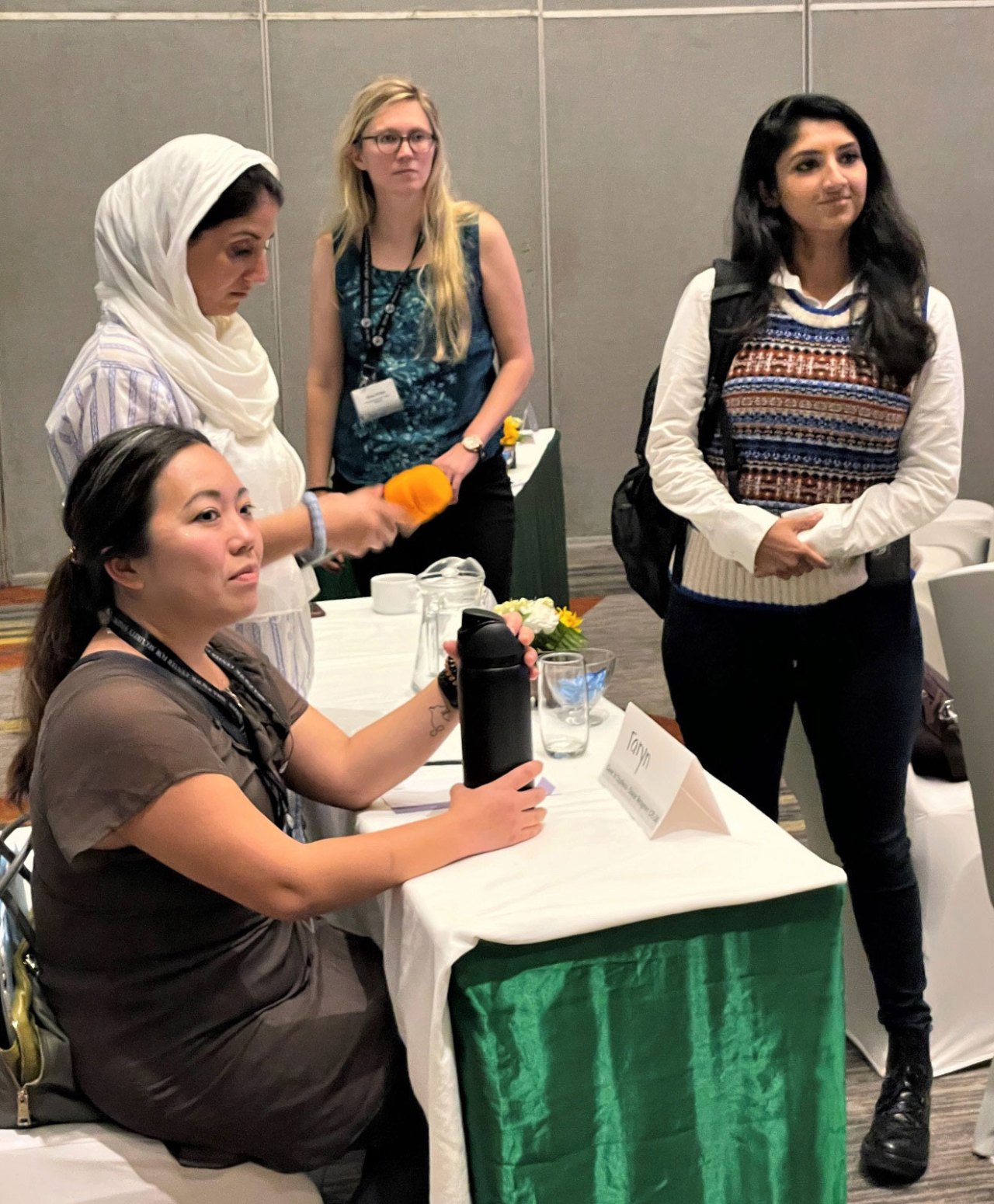
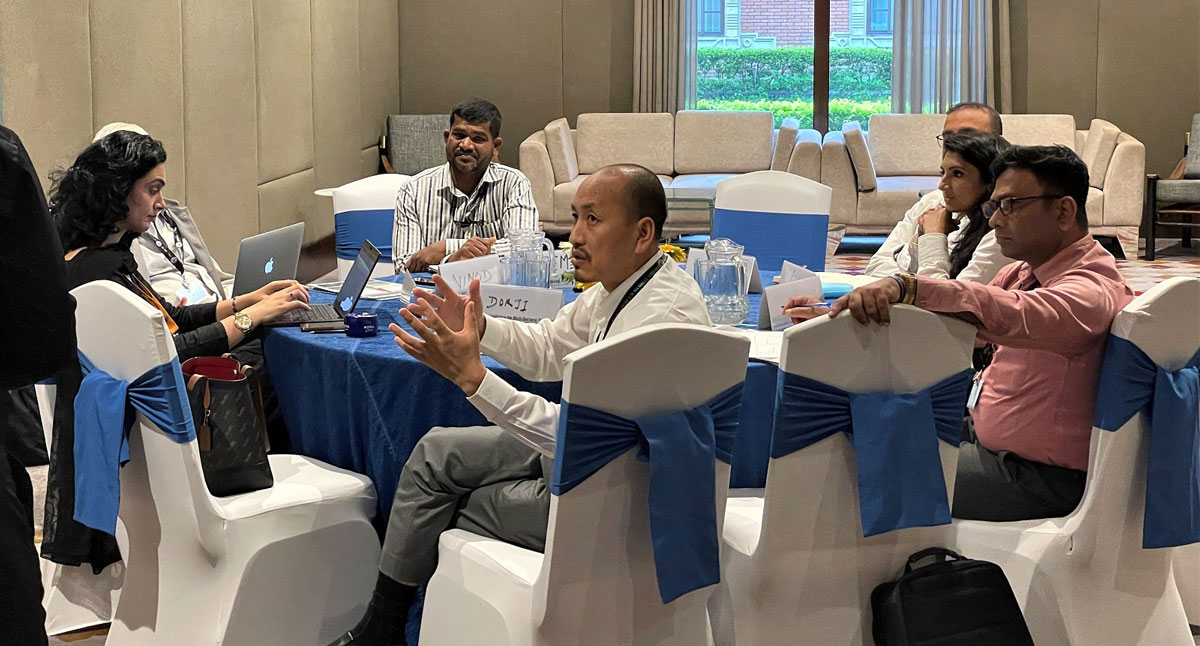

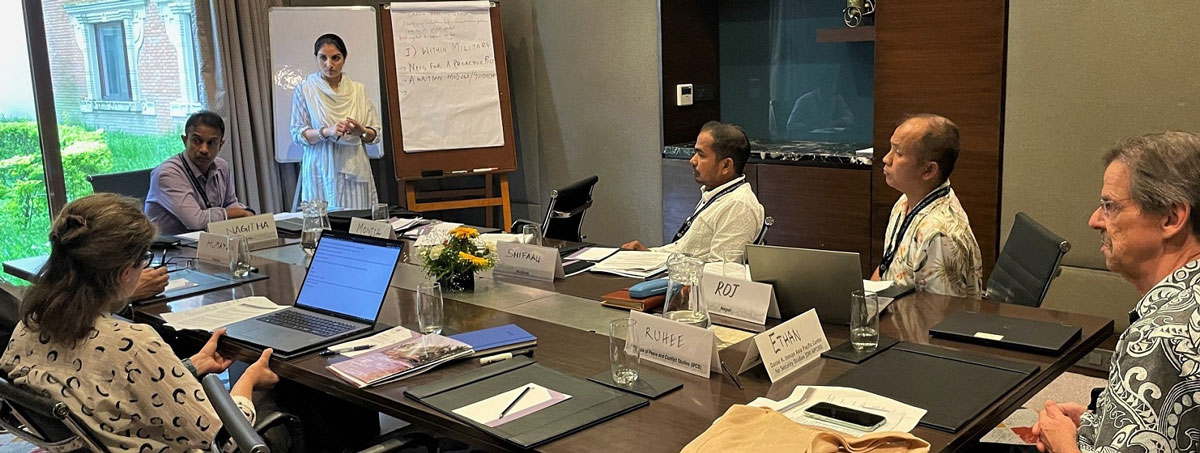
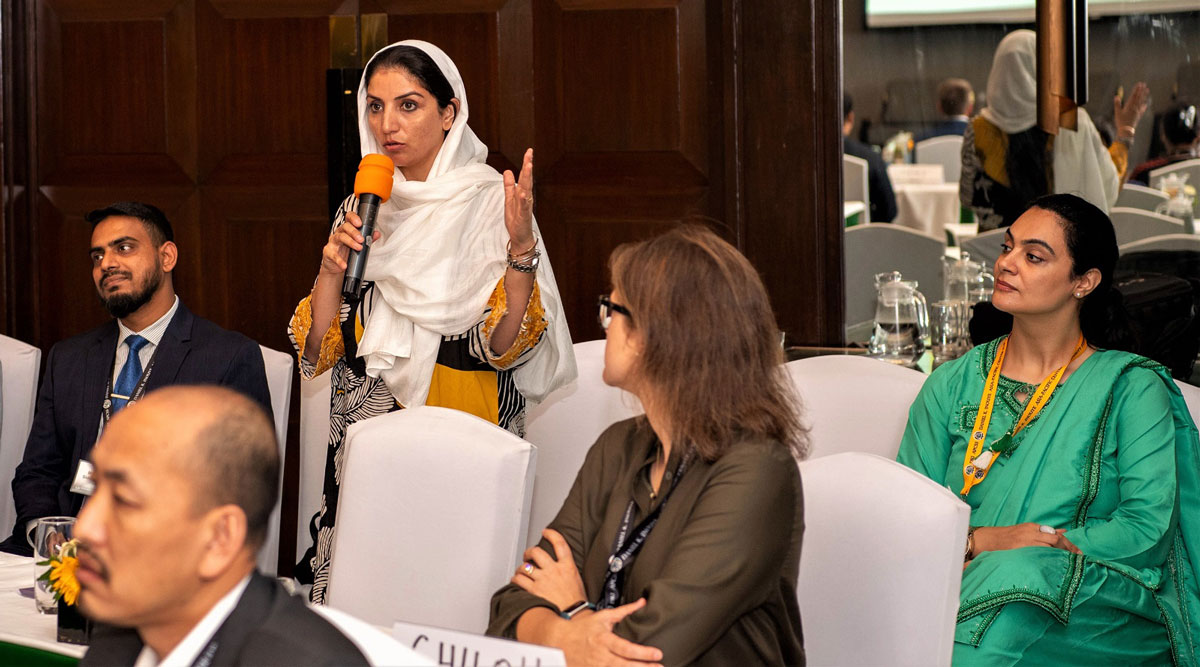
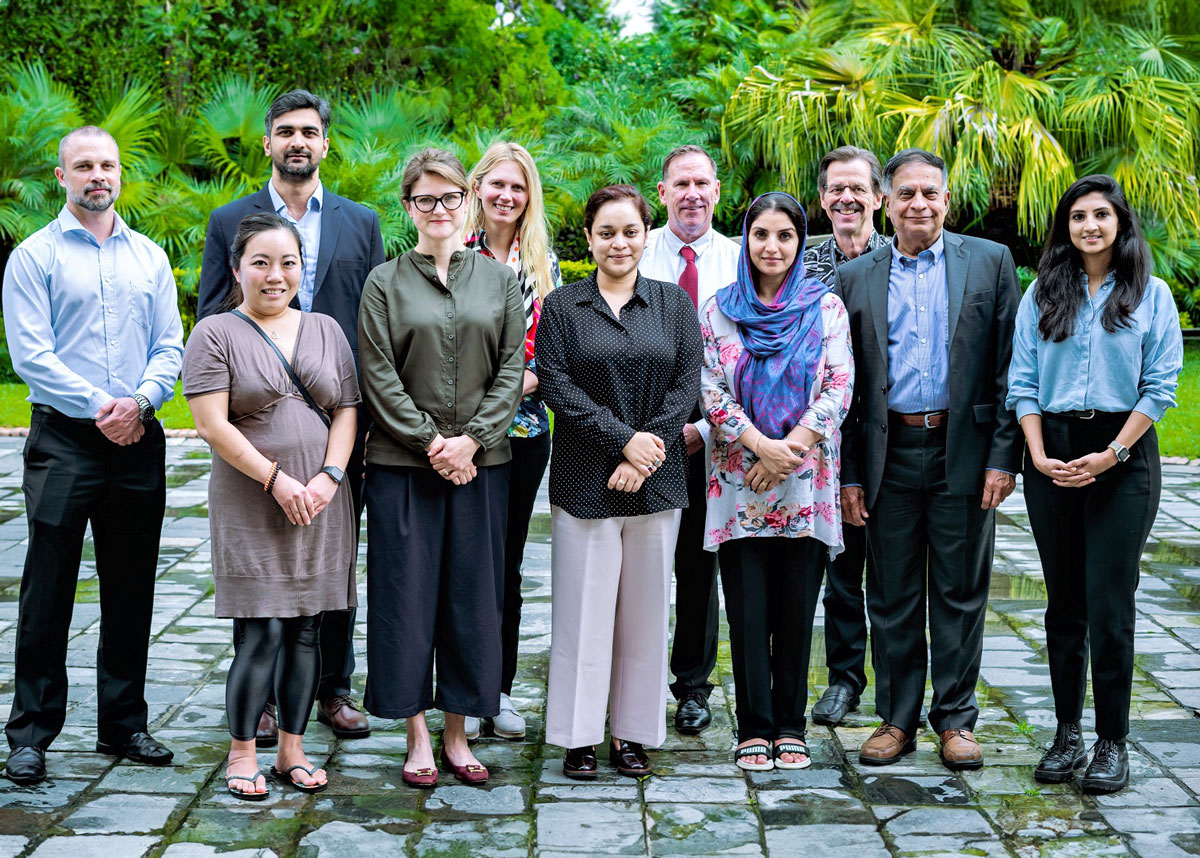
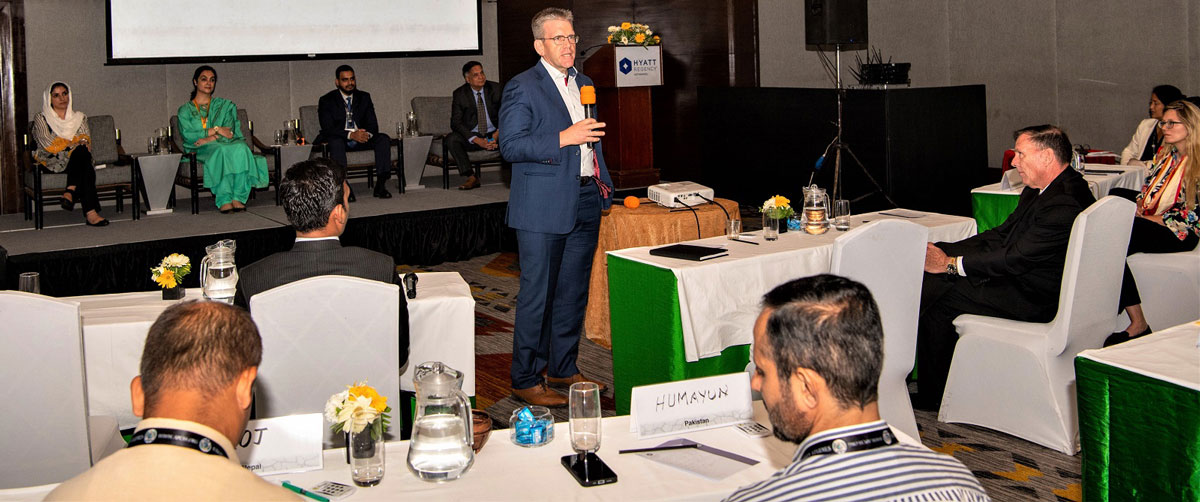
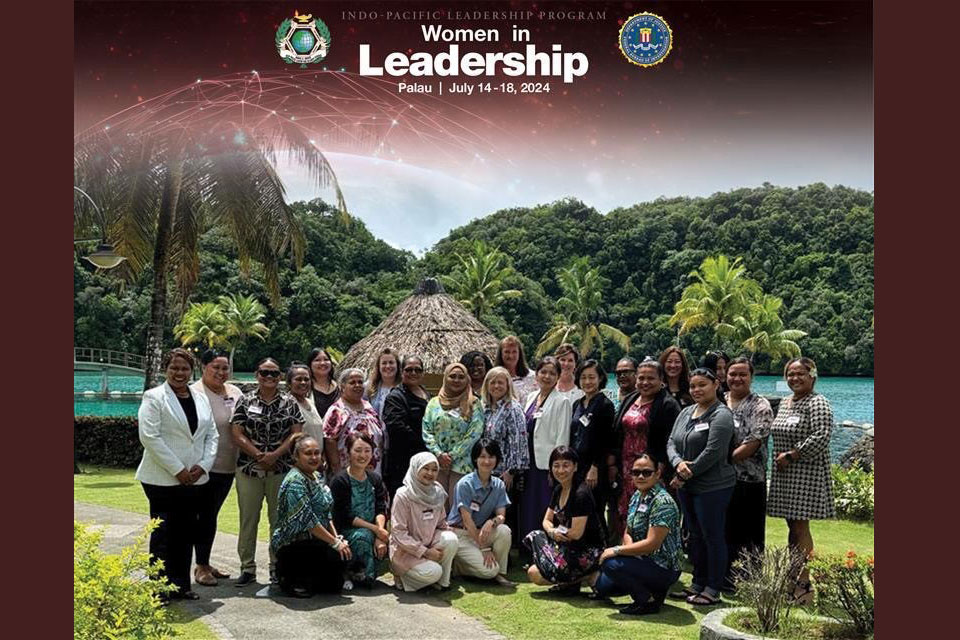
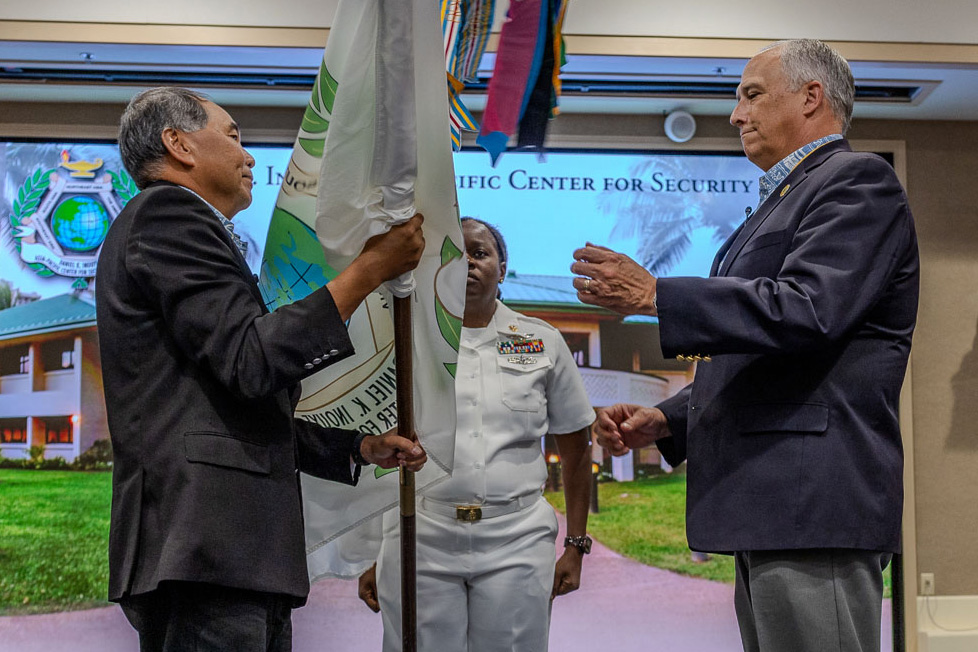
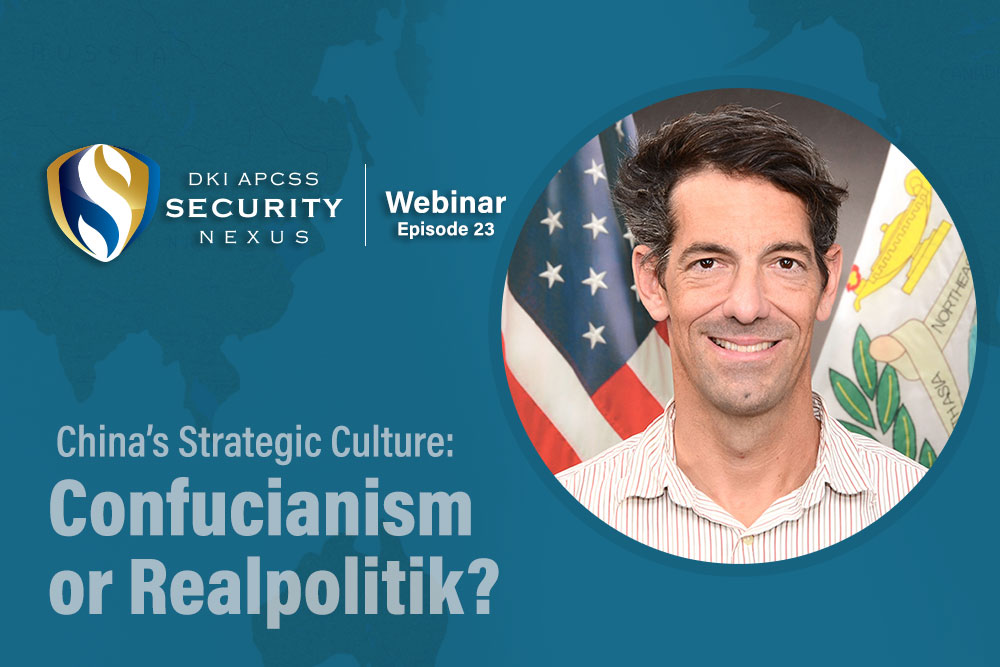




Leave A Comment